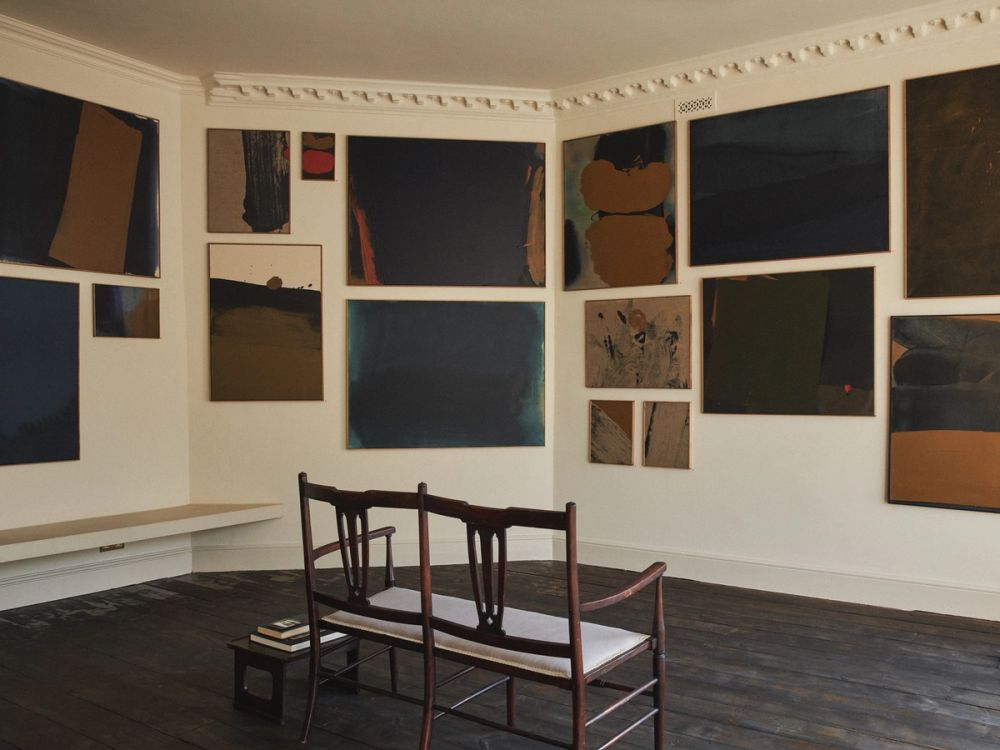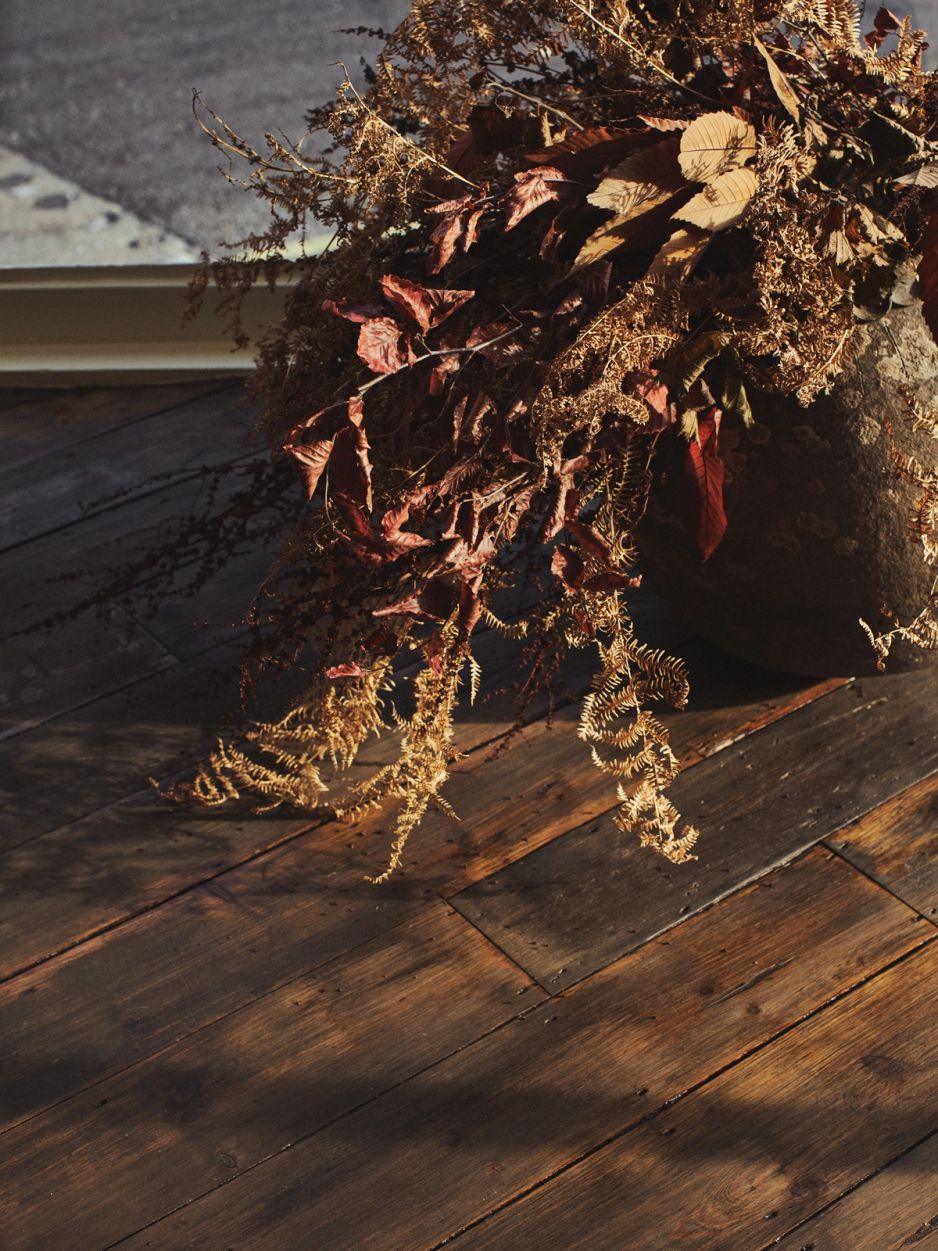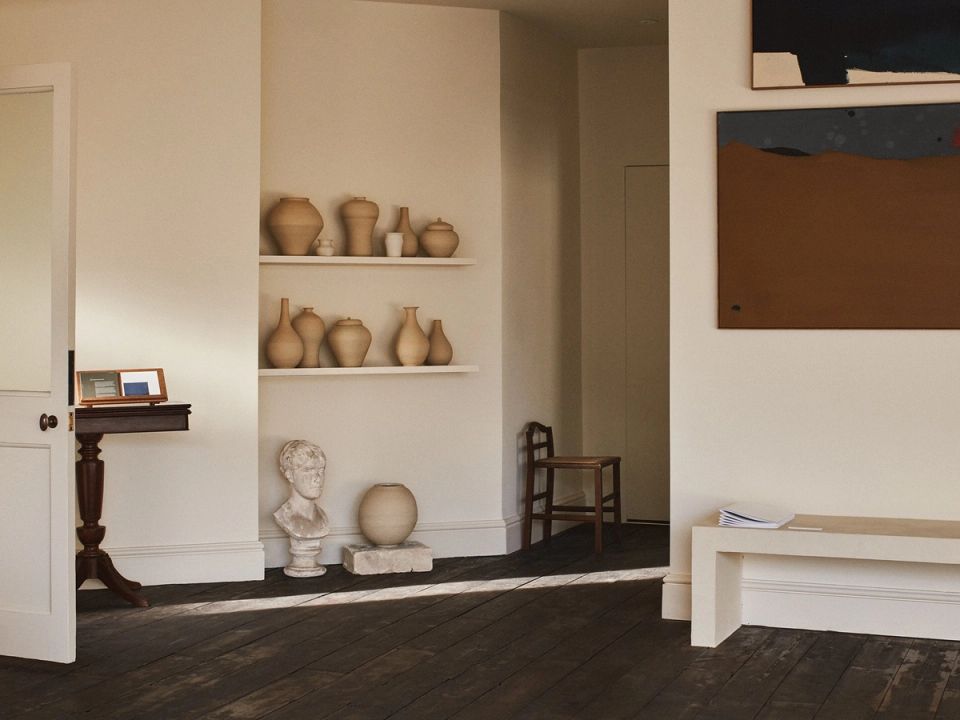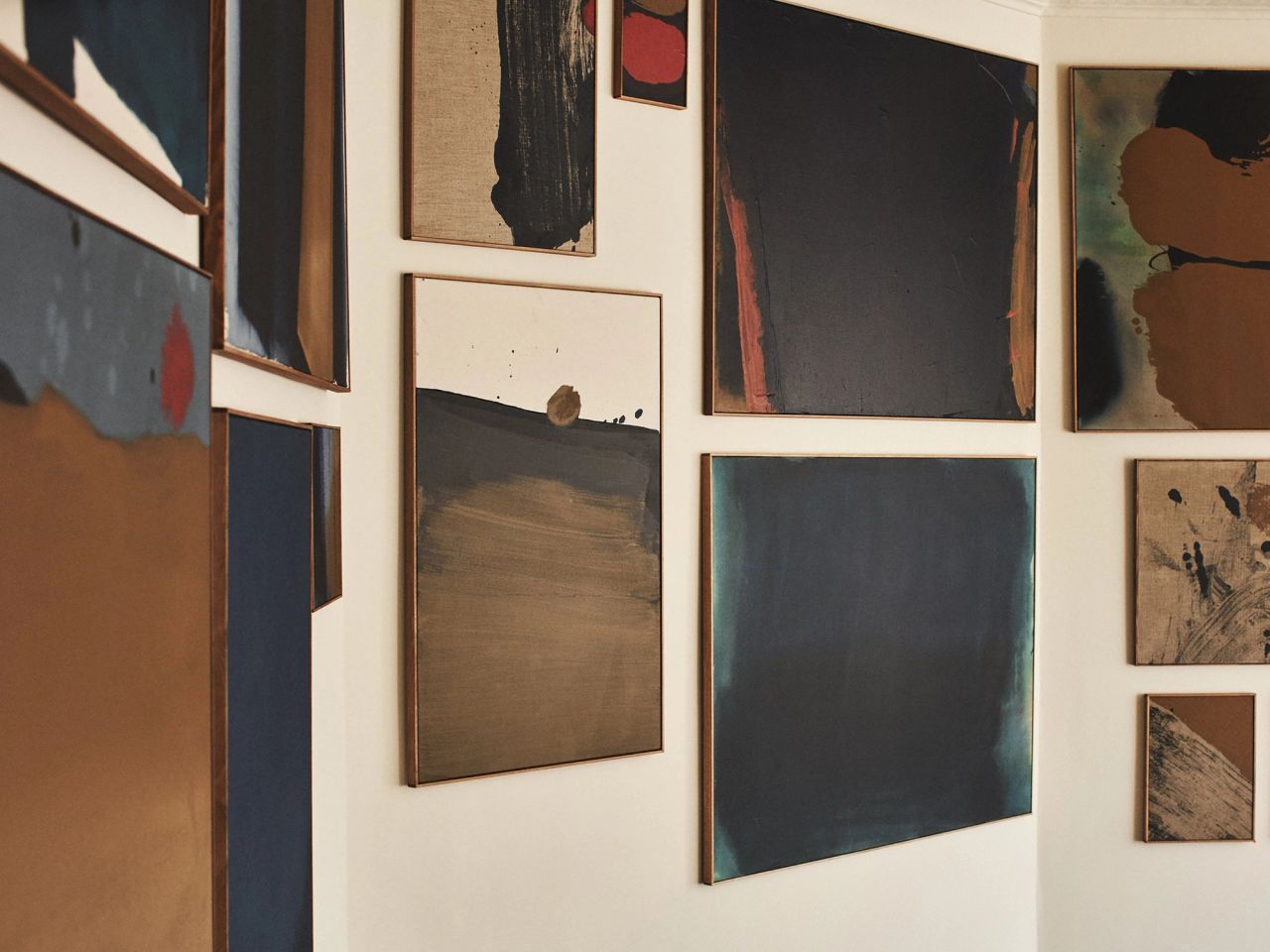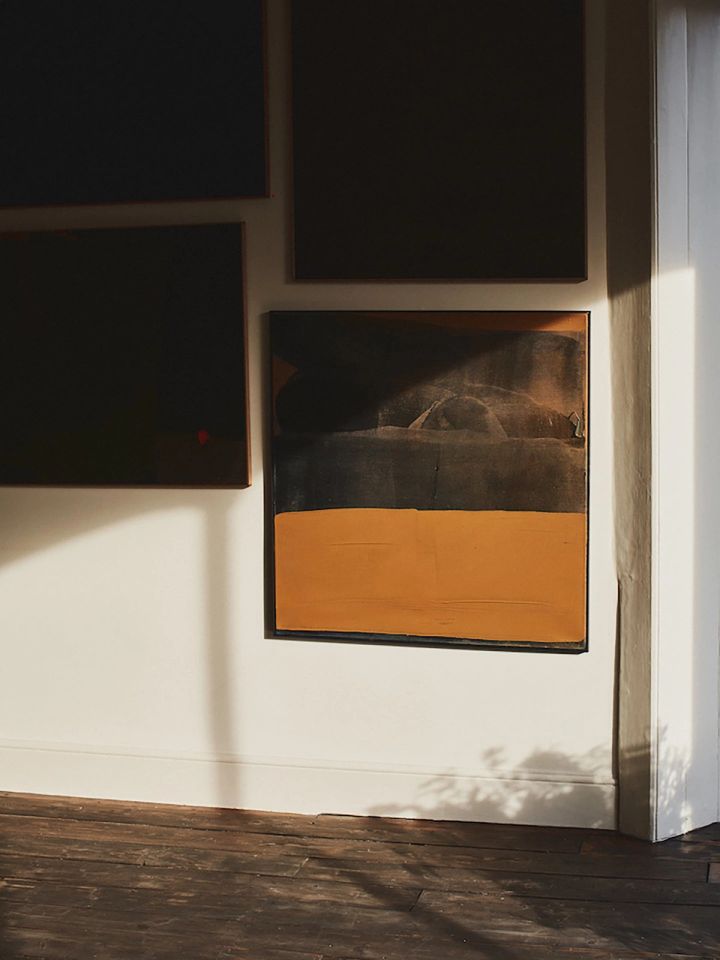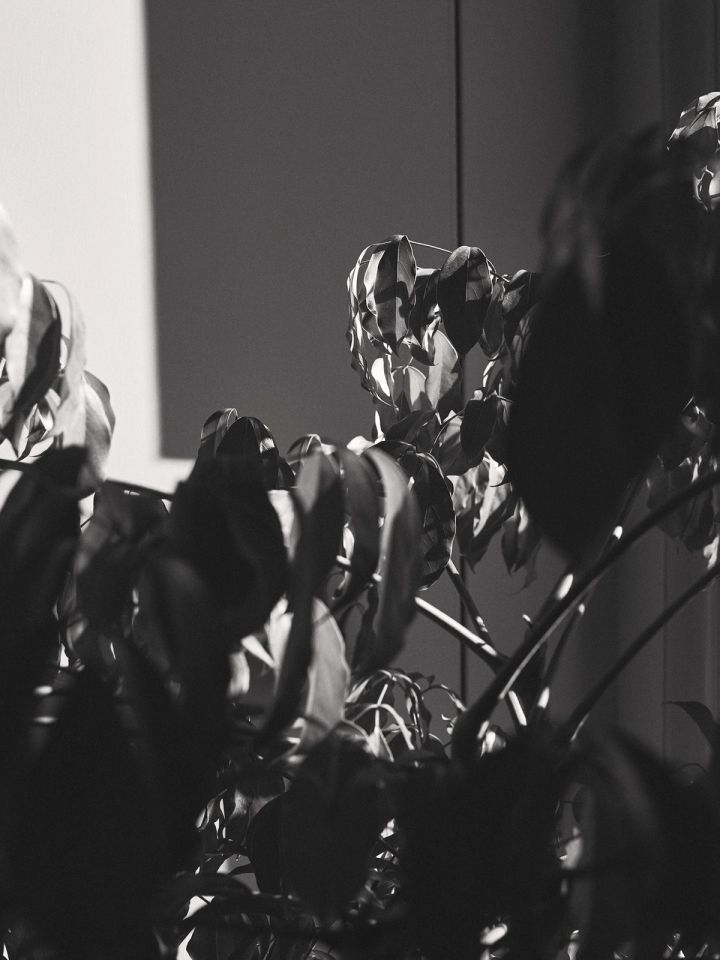Jean-Baptiste Besançon: The Blue Hour Sep 19 – Nov 17, 2019
Jean-Baptiste Besançon’s solo show at Francis Gallery, titled The Blue Hour, exhibits the Bordeaux-based painter’s work for the first time in the UK. The title refers to the period of twilight that occurs each morning and evening, where there is neither daylight nor complete darkness.
Besançon works in acrylic paint, applied to cotton and linen canvasses stretched on wooden frames. He does not sketch, instead allowing his instinctive gestures to guide the movement of the work. A rigorous selection process then follows these moments of free improvisation. “I think artists must always be selective, to choose whether to keep or to discard a painting. I question and try to understand why certain effects occur, why colours turn out in the shades they do, and how I can further control these elements of my paintings.”
Sometimes Besançon chooses to reverse the canvas and work on the other side of the material. “I flip the canvas and paint on the back, creating another painting on top of the image left by the seeping pigment,” he says. “I can compose in this way and repeat the process three or four times on a single canvas. When reversed, the painting becomes more graphic, more pure than the original.”
A focussed, minimal approach is evident in this collection of Besançon’s work. From a diverse and experimental practice, he has come to limit his compositions to four formats, using no more than two to three colours for each work, often contrasting one darker and one lighter shade. The palette of the series is defined by a fascination with navy blue, as well as shades of golden ochre and forest green, which, especially against the beige linen canvasses, imbue the kinetic brush strokes with a brooding, autumnal tone.
Words
- Ollie Horne
Photos
- Rich Stapleton
Featured works
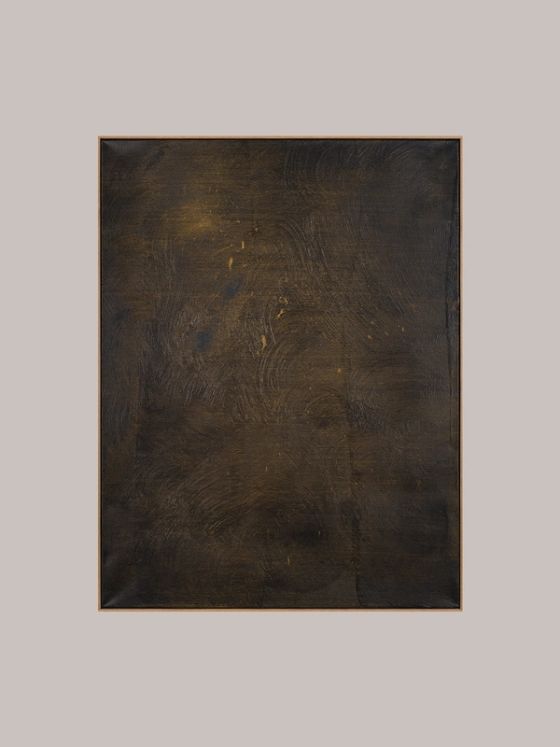
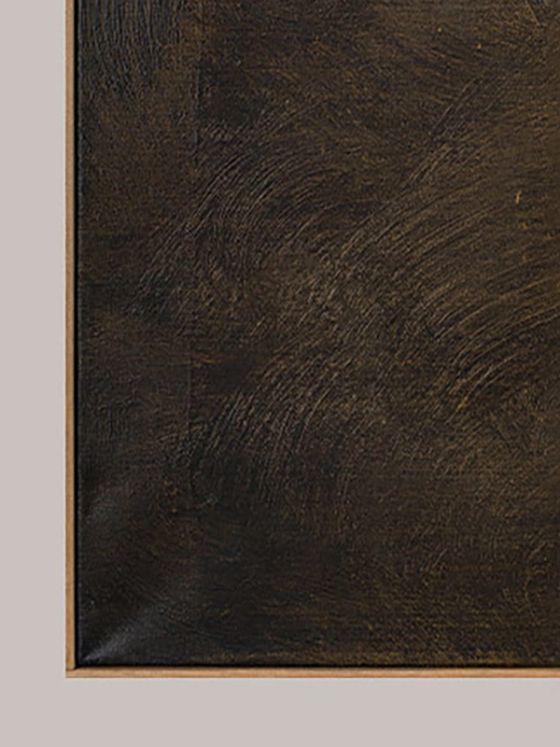 Bath Gallery
Bath GalleryJean-Baptiste Besançon19. Painting 89/116, 2018
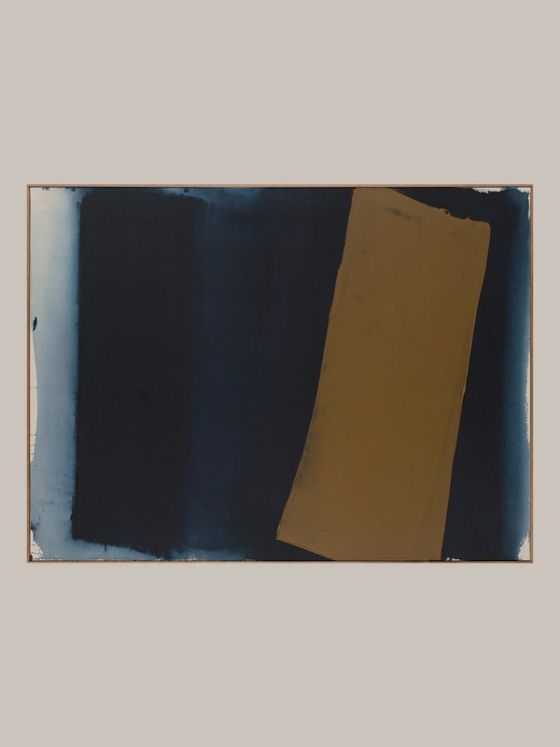
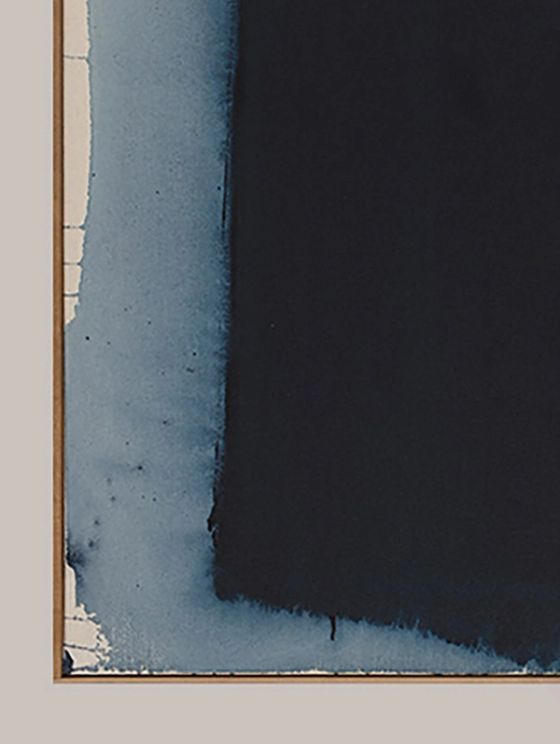 Bath Gallery
Bath GalleryJean-Baptiste Besançon1. Painting 130/97, 2019

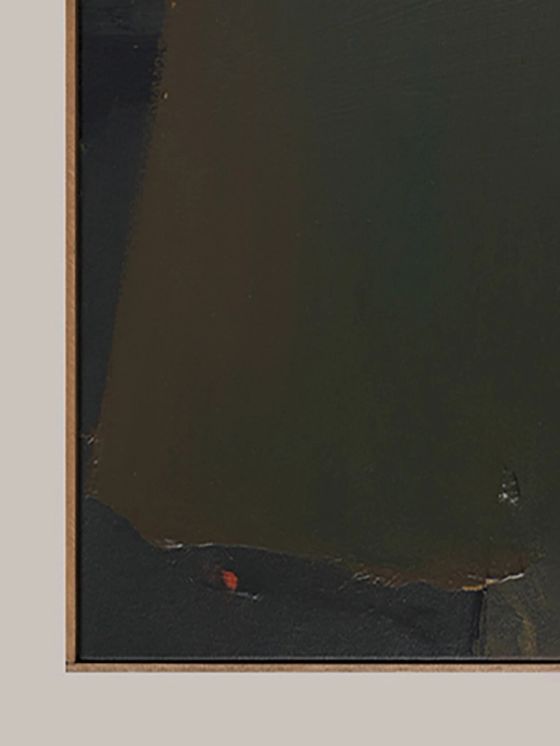 Bath Gallery
Bath GalleryJean-Baptiste Besançon9. Painting 100/81, 2018
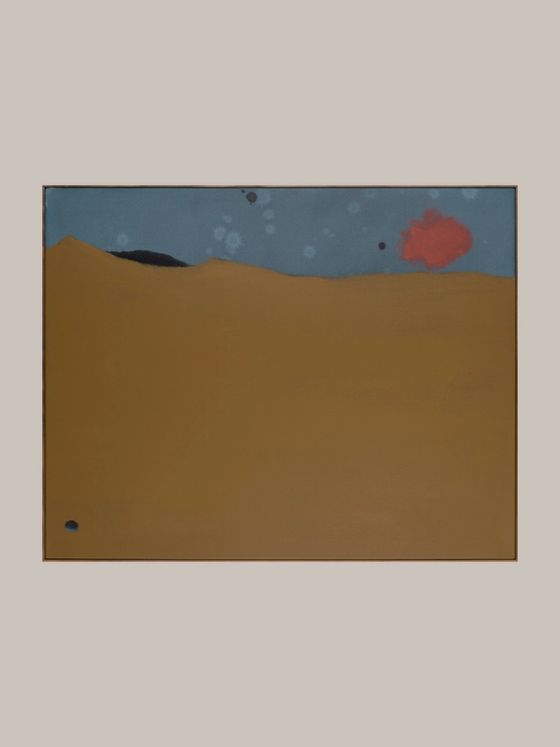
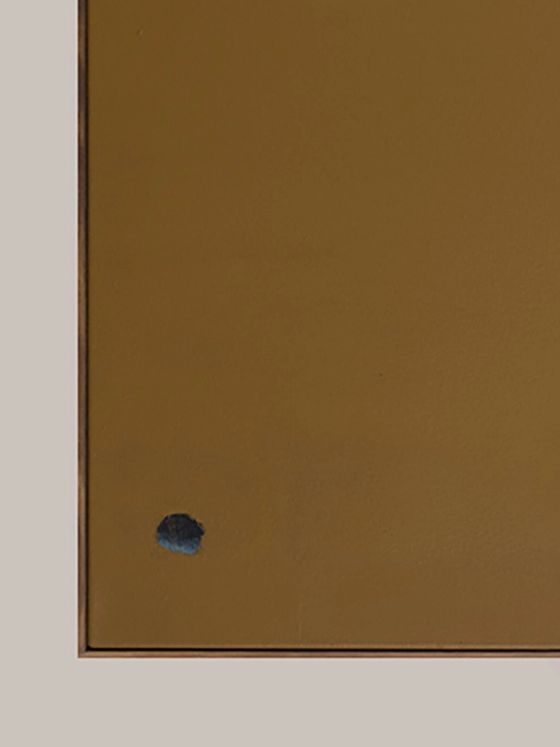 Bath Gallery
Bath GalleryJean-Baptiste Besançon13. Painting 115/81, 2019
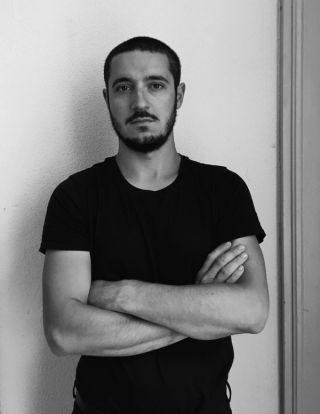
To be in contact with the canvas can be “a fight” for Besançon, evoking strong emotions and “strange sensations”. His practice is not a direct response to personal events, and he avoids offering a rigid framework in which the art should be understood, preferring to contextualise painting as its own language.
Related exhibitions
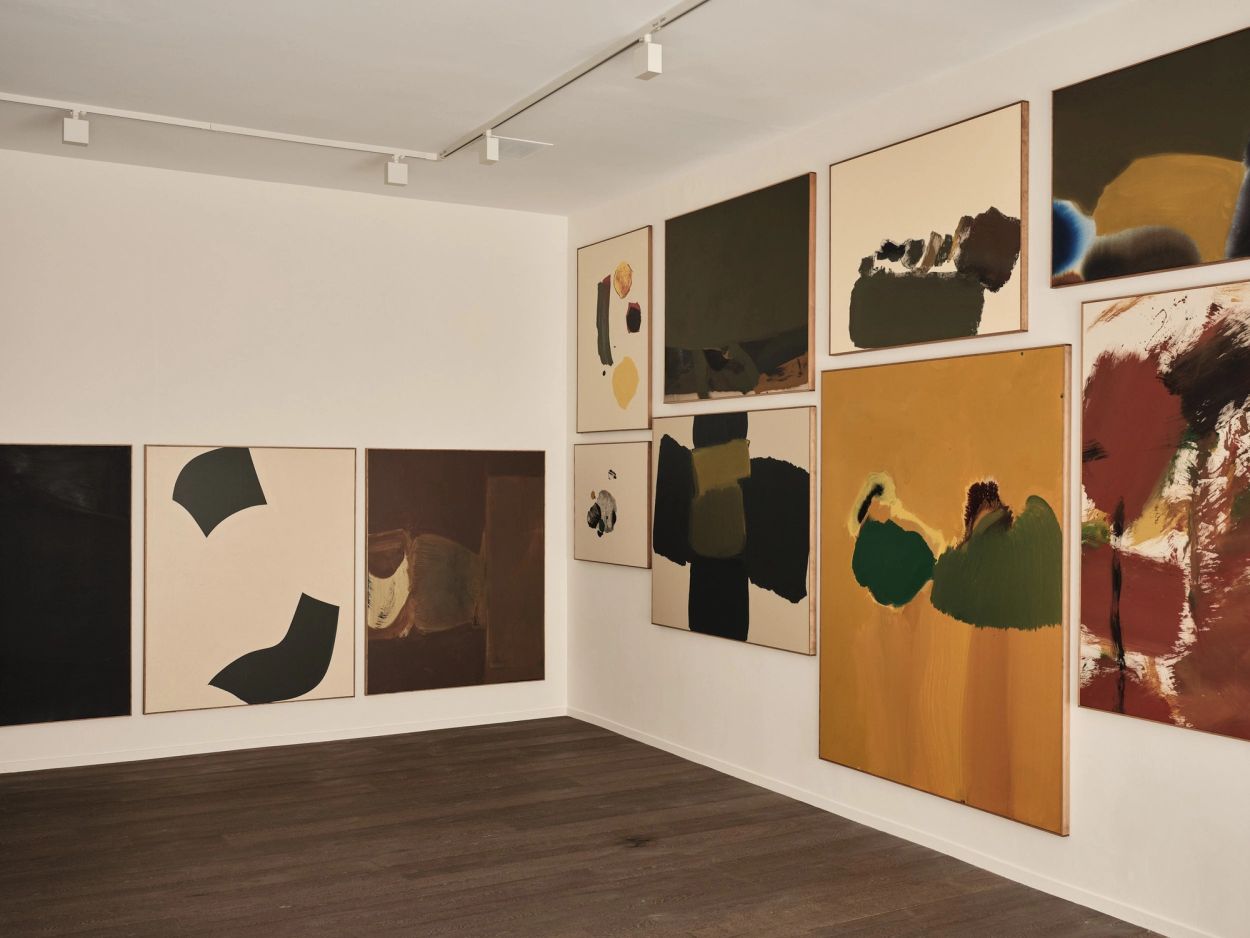
In Cadere, Jean-Baptiste Besançon continues his exploration into formal, abstract painting. Besançon’s practice is full of conscious contradictions; he allows chance occurrences in the creation of his paintings to inform his research, leading to an ongoing process of material experimentation and discovery.
